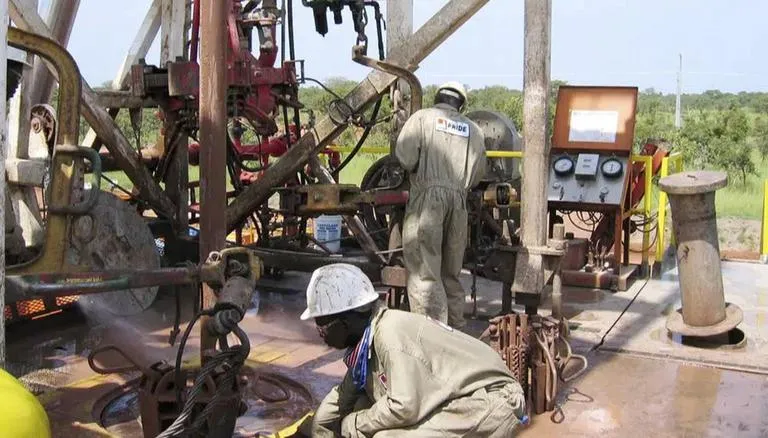Gobonamang Kgetho has a deep affection for Africa’s largest inland delta, the Okavango. It is his home.
The water and wildlife-rich lands is fed by rivers in the Angolan highlands that flow into northern Botswana before draining into Namibia’s Kalahari Desert sands. Several Indigenous and local communities and a vast array of species including African elephants, black rhinos and cheetahs live among the vibrant marshlands. Much of the surrounding region is also teeming with wildlife.
Fisher Kgetho hails from Botswana’s Wayei community and relies on his pole and dug-out canoe to skirt around the marshes looking for fish. But things have changed in recent years — in the delta and across the country.
“The fish sizes have shrunk, and stocks are declining,” Kgetho, whose life and livelihood depends on the health of the ecosystem, told The Associated Press. “The rivers draining into the delta have less volumes of water.”
Drilling for oil exploration, as well as human-caused climate change leading to more erratic rainfall patterns and water abstraction and diversion for development and commercial agriculture, has altered the landscape that Kgetho, and so many other people and wildlife species, rely on.
The delta’s defenders are now hoping to block at least one of those threats — oil exploration.
A planned hearing by Namibia’s environment ministry will consider revoking the drilling license of Canadian oil and gas firm Reconnaissance Energy. Local communities and environmental groups claimed that land was bulldozed and cut through, damaging lands and polluting water sources, without the permission of local communities.
